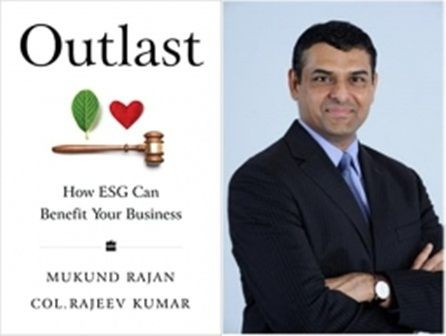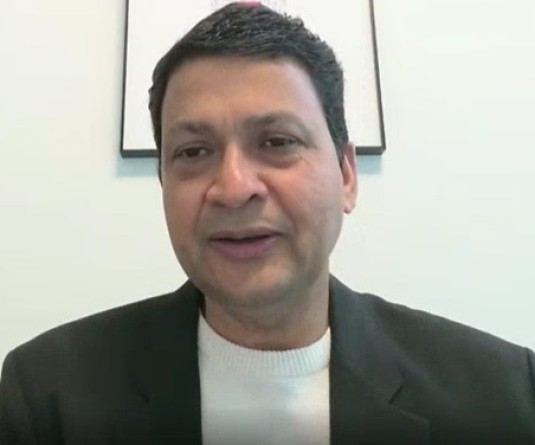Image Source: IANS News

New Delhi, November 19 (IANS) "Outlast" is the first Indian-authored book on how ESG can help businesses build resilience and outlast their competition, providing a panoramic sweep of the Environment, Social and Governance domain, rich with case studies, as the authors, Mukund Rajan and Col. Rajeev Kumar (retd), draw upon their considerable experience of working for some of India's largest organisations.
Black-swan events, global warming, Covid-19 and a host of other natural and man-made disasters have tested the resilience of businesses across the world. Usually, the blame for business failures is apportioned to external factors such as adverse business cycles, badly framed government regulations and lack of infrastructure.
However, the causes often lie within -- short-term thinking, destruction of natural resources, exploitation of labour and poor management, to name a few.
To outlast their competition, build resilience, gain competitive advantage and achieve greater returns in the long run, businesses must improve their performance on material ESG metrics:
Environmental impacts such as their consumption of natural resources, waste discharge and carbon emissions; Social factors such as ties with local communities, diversity and inclusion, and building a good reputation with stakeholders; and Governance, including board effectiveness protocols, approach to senior executive compensation and appropriate reliance on independent directors.
The benefits that ensue include more efficient use of resources, lower cost of operations, reduced risk, higher employee productivity and increased investor interest.
"Outlast: How ESG Can Benefit Your Business" (HarperCollins) is a clarion call to corporate leaders to follow the pathway of ESG.
Mukund Rajan says: "The 1991 liberalization reforms rang the death knell for many Indian firms that used to be market leaders. Many of India's leading enterprises today could meet the same fate if they do not face up to the new ESG challenges the market presents. The Age of Responsibility is well upon us, and the companies that will outlast their competition are the ones that will build resilience and prepare their businesses for long-term success through a holistic adoption of the mantra of ESG."
Col. Rajeev Kumar says: "Companies and investment vehicles are under unprecedented pressure from their stakeholders to demonstrate their commitment to mainstreaming ESG considerations into their strategic decision-making processes and using their platforms to advance ESG principles that support long-term, sustainable growth strategies. Outlast highlights the impact of this new focus on ESG on businesses, and underlines how capital will increasingly be allocated in the future towards well-governed companies that contribute to the goals of a more sustainable economy and society."
Amrita Mukerji, Managing Editor, HarperCollins India, says: "ESG issues are becoming more relevant by the day, especially post the Covid-19 pandemic, and the adoption of ESG principles will soon be a must for the corporate sector. These are principles that will help companies build resilience and outlast their competition, and the authors draw upon their years of experience in the corporate sector to explain exactly how."
Mukund Rajan is the Chairman of ECube Investment Advisors, a pioneering platform to catalyse ESG improvements. Previously, in a 23-year career with the Tata Group, he served as Brand Custodian, Chief Ethics Officer and Chairman of the Tata Global Sustainability Council.
Col Rajeev Kumar is a strategic communications consultant and a Fellow of the International Association of Business Communicators. He has a PhD in Organisational Communication and was a Fulbright Doctoral Fellow at Texas A&M University. He was the Head of Learning and Development at Tata Group Corporate Communication.






